



2025.01.09
The inedible fruit of the pongamia plant could be the key to decarbonizing the aviation industry!
- Energy one step ahead
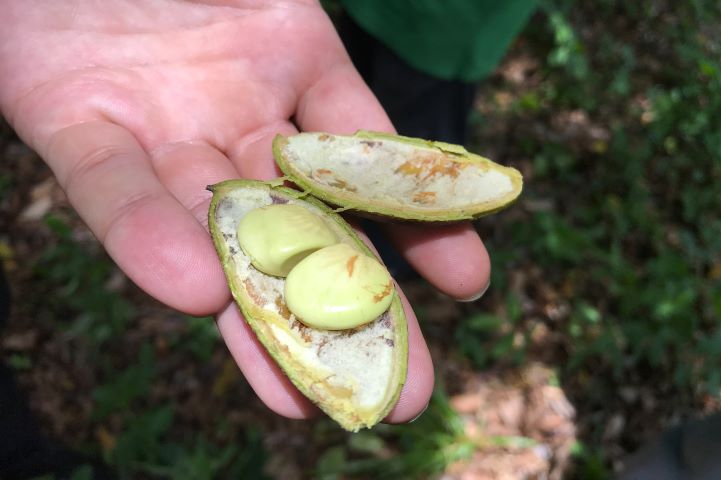
Sustainable aviation fuel (SAF) is one of the means to decarbonize the aviation industry. There are high hopes for its practical application, but there are also major challenges in securing the raw materials.
Hanafusa of Carbon Neutral Transformation Department, who is part of Idemitsu Kosan's project to secure raw materials for SAF, had this to say:
"The raw materials for SAF include used cooking oils such as tempura oil, and vegetable oils such as soybean oil, rapeseed oil, and palm oil. However, some of these oils are also used for other purposes, such as for cooking, so there is a limit to the volume that can be secured as raw materials for SAF. Furthermore, as efforts to manufacture SAF progress worldwide, demand for raw materials is increasing, and it is possible that raw materials will become more difficult to procure in the future and that raw material prices may rise significantly."
"The raw materials for SAF include used cooking oils such as tempura oil, and vegetable oils such as soybean oil, rapeseed oil, and palm oil. However, some of these oils are also used for other purposes, such as for cooking, so there is a limit to the volume that can be secured as raw materials for SAF. Furthermore, as efforts to manufacture SAF progress worldwide, demand for raw materials is increasing, and it is possible that raw materials will become more difficult to procure in the future and that raw material prices may rise significantly."
Therefore, in order to ensure a stable supply of SAF into the future, Idemitsu Kosan will begin efforts to produce SAF from inedible plant fruits.
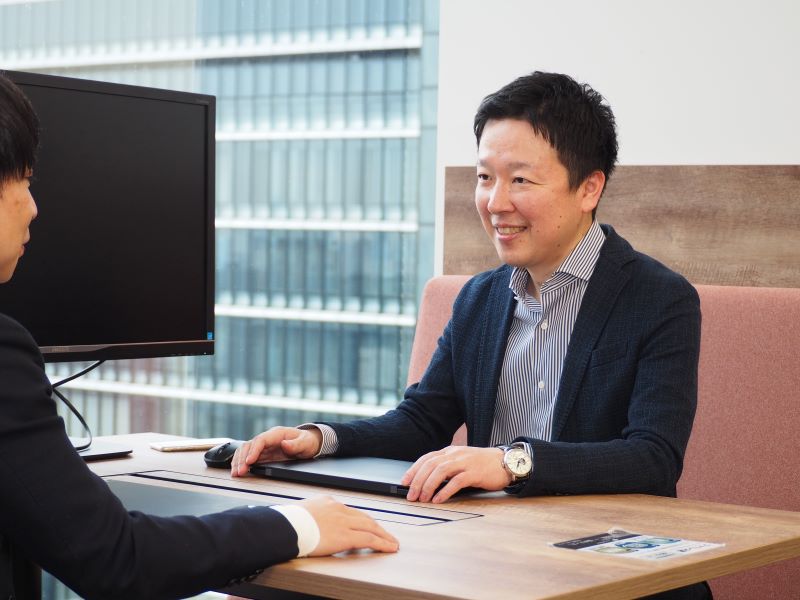
Hanabusa, involved in the SAF raw materials procurement project
Although you can't eat it, the fruit of a plant is delicious with just one bite. What is its secret?
Have you ever heard of the name "Pongamia"? Pongamia is a legume plant found in tropical and subtropical areas such as Southeast Asia and Oceania. When you hear the legume family, you might imagine a small, vine-like plant, but Pongamia is a tree that is about 15-25m tall and can live for over 50 years. Three to five years after germination, it flowers and then produces fruit, with seeds about 3cm in size contained in pods about 5cm in size.
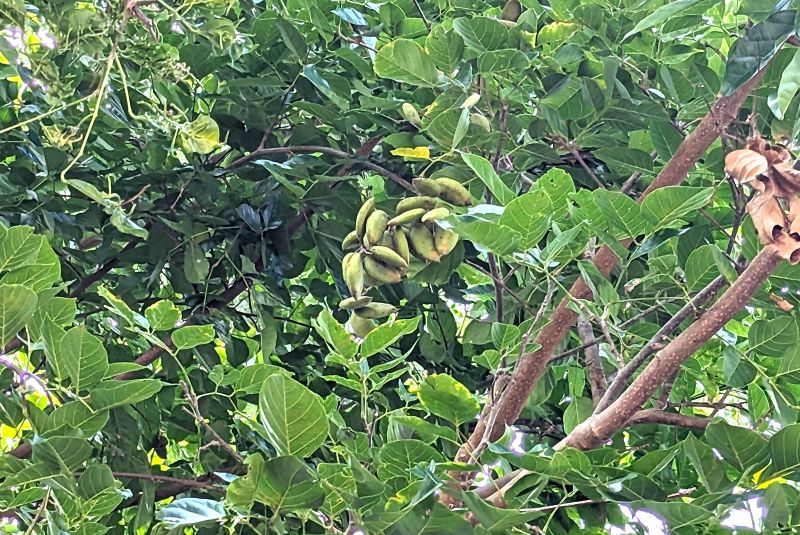
Pongamia growing and bearing fruit
Pongamia fruit is inedible and much of it is discarded, but the oil that can be extracted by crushing the seeds inside the fruit (oil yield) is abundant, and this oil has the potential to be used as a raw material for SAF.
But that's not all. The pods left over after the seeds are harvested could be used as fuel for biomass power plants, and the seed cake could be used as livestock feed. Furthermore, if large-scale cultivation can be achieved, it could lead to the creation of carbon credits through afforestation.
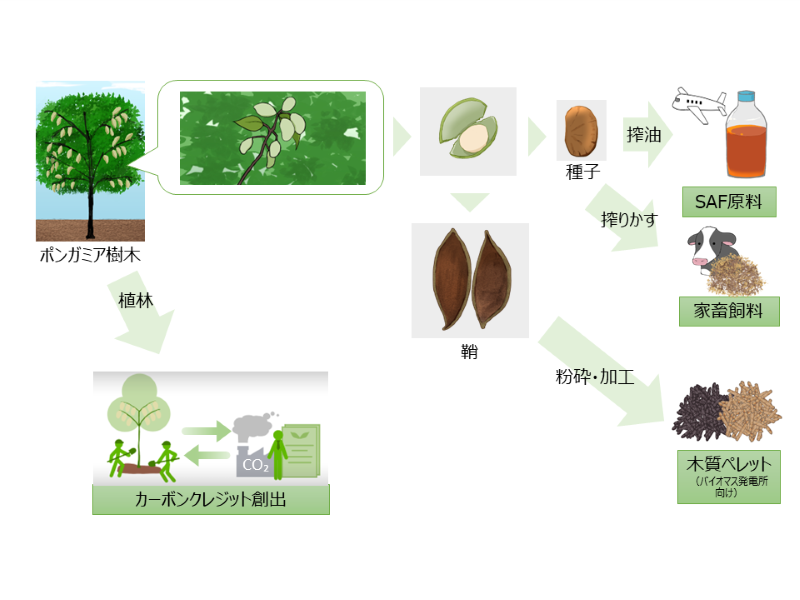
Image of Pongamia's potential
All of these are compatible with the various options that Idemitsu Kosan is working on provide for society.
Although pongamia is inedible for humans, it is "four times delicious in one fruit." From January 2025, Idemitsu Kosan will begin test planting of pongamia in Queensland, Australia, together with Terviva, a US company with knowledge of pongamia cultivation and research results.
Although pongamia is inedible for humans, it is "four times delicious in one fruit." From January 2025, Idemitsu Kosan will begin test planting of pongamia in Queensland, Australia, together with Terviva, a US company with knowledge of pongamia cultivation and research results.
Hanabusa says, "Pongamia is a plant that is resistant to external environmental conditions such as strong sunlight, drought, and salt in the soil, and is easy to grow. In addition, thanks to the action of 'rhizobia', it is able to absorb and store nitrogen, a nutrient necessary for plants, from the air, so it grows easily with little fertilizer. The absorbed nitrogen is also accumulated in the leaves, so when the leaves fall, nitrogen accumulates in the soil, which is also expected to have an improving effect on the soil. It is a plant full of potential, which is not 'four times delicious with one grain' but five or six times delicious."
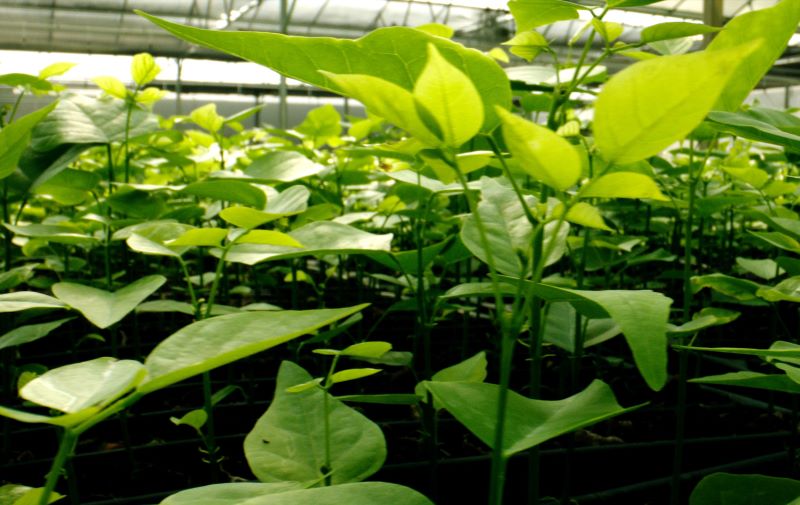
Pongamia cultivation before planting
The journey to test plantations and aspirations for realizing a decarbonized society
Idemitsu Kosan has been involved in the coal business in Australia for many years and has been responsible for the stable supply of energy. In the process, we have had connections with local people, and we began to focus on Pongamia around 2022.
However, the road to starting the trial plantations was by no means an easy one.
However, the road to starting the trial plantations was by no means an easy one.
"Pongamia has never been commercially produced in any country in the world. There is currently only research-level data available on planting pongamia and using it as a raw material for SAF, so information is limited. Furthermore, selecting the right partner and building a relationship from scratch, as well as finding and securing a suitable pilot cultivation site with future expansion potential in mind, were high hurdles."
For Idemitsu Kosan, the reforestation business for SAF raw materials was a new challenge, and required detailed discussions with internal and external stakeholders and the refinement of plans. Hanabusa and his team overcame these challenges with an eye toward the realization of a carbon-free society at the end of this initiative.
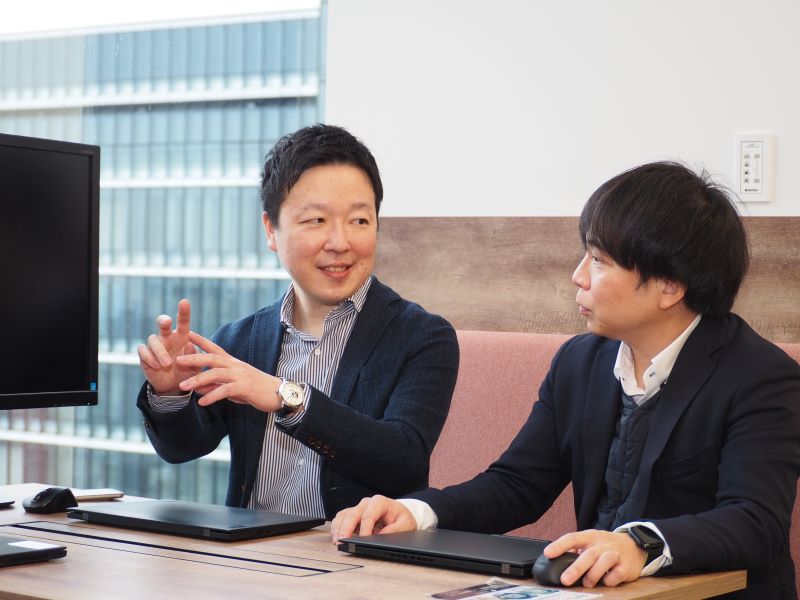
Promoting team efforts with the mission of achieving both a stable energy supply and decarbonization
Just like with jet fuel, securing a stable and economical source of raw materials over the long term is essential to fulfill our responsibility to continue supplying SAF into the future. Idemitsu Kosan will conduct various verification tests on Pongamia with a view to future in-house cultivation, expansion to a commercial scale, and the development of various applications, including as a raw material for SAF.
"Firstly, we need to prove that our hypothesis is correct that pongamia is a promising raw material for SAF and for a variety of other uses. We would then like to quickly move towards large-scale cultivation and commercialization, and put in place a system that will enable us to procure the raw materials reliably. In addition, this test plantation will be carried out in collaboration with Terviva, but such an effort would be difficult for an individual company to achieve on its own, so we believe it is necessary to find more partners to collaborate with. We would like to eventually realize collaboration between industry, academia, and government, and an all-Japan effort."



 return
return